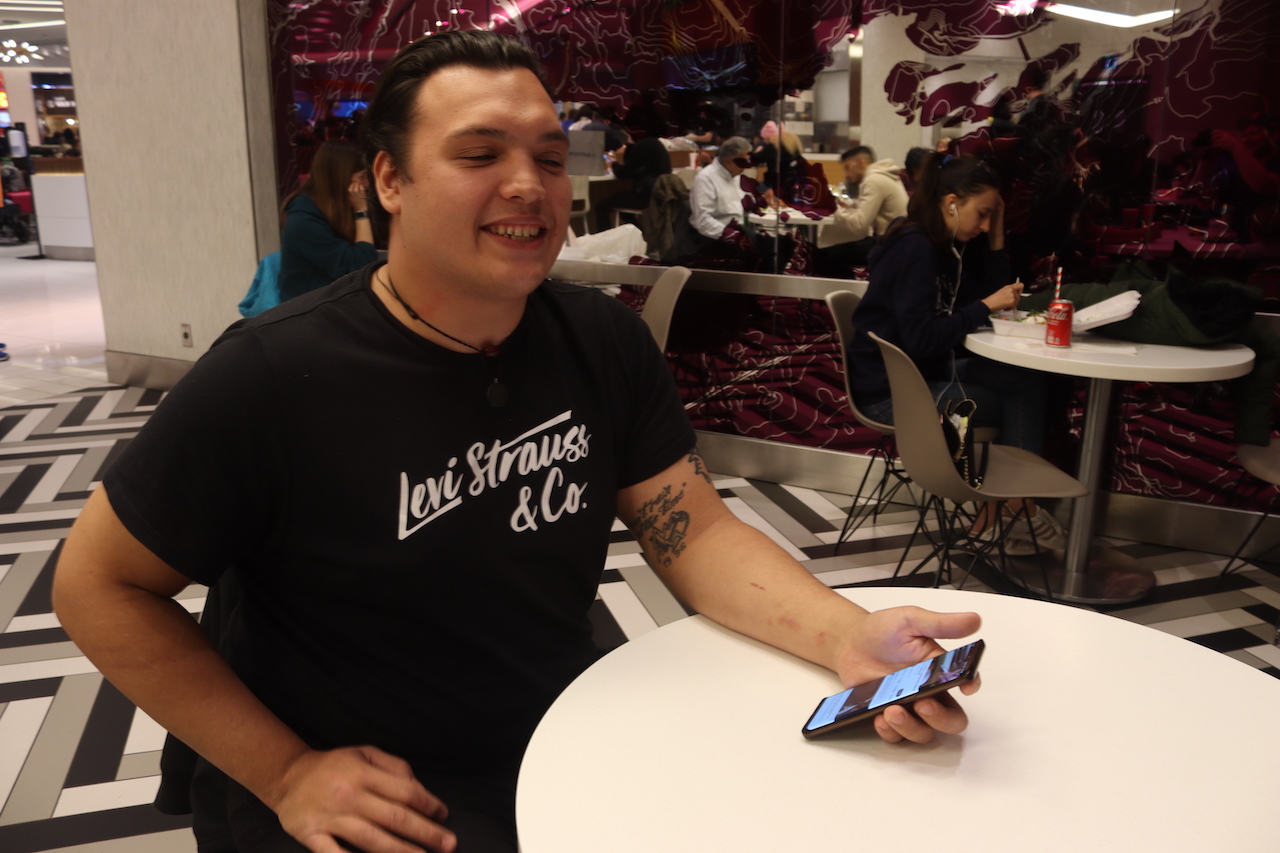In recent years, YouTube has risen to big heights, as users have expanded their searches beyond music and silly videos.
Gone are those days, as the YouTube platform offers informational videos, which offer step-by-step instructions to do various things, such as learning to filet a fish, changing your car’s oil and how to dice an onion. At your fingertips, you can search for tutorials or walk-throughs, which saves you money and time.
Classes come and go, but with YouTube, professors can steer their students toward video tutorials, which students can use to gain clarity and better understanding. With finals approaching, big projects will follow suit and having examples close at hand can ease the stress and confusion of not knowing what to do. You can type in what you need to know or what might be a good idea for a specific project and just like that, an array of videos pop up.
“Sometimes I’d be sent into a spiral of panic trying to figure something out through books, notes and the PowerPoints that were used in class,” said Brandon Hall, a graduate of the culinary management program at Algonquin College. “However, finding my answer in five minutes on YouTube was a huge weight taken off me.”
For many, finding the time to learn a new skill or energy is a big ask. Balancing work, social life and even academics strain your time. But YouTube instructional videos can be watched from anywhere.
“The most useful part of YouTube is the ability to pause and rewind or slow down the videos while learning,” said Hall. “You can watch a video while in the cafeteria on your lunch, or from just about anywhere, which is nice.”
Classes can go by fast, and lessons are taught in a timely manner, which can cause confusion or certain aspects to be misunderstood.
“YouTube is an additional learning tool when teaching a specific topic,” said Linda Ducharme, program coordinator for the esthetician diploma program. “It can be used to reinforce related materials from in-class or on Brightspace.”
For students taking courses requiring a lot of hands-on skills, being able to access tutorials can prove effective.
“It can be used as an aid to visualize hands-on skills,” said Ducharme. “It is also a great support tool to use in practical labs.”
According to Ducharme, YouTube proved most effective during the COVID-19 pandemic when students were not attending campus.
“During the pandemic, professors used their personal YouTube accounts to create videos, such as demonstration of skills for practical labs,” she said. “When students started practical labs they were better prepared to demonstrate what they learned in class.”
Overall, YouTube is an add-on tool to reinforce learning, not a replacement of education. But it does provide a great service for students and staff alike.


